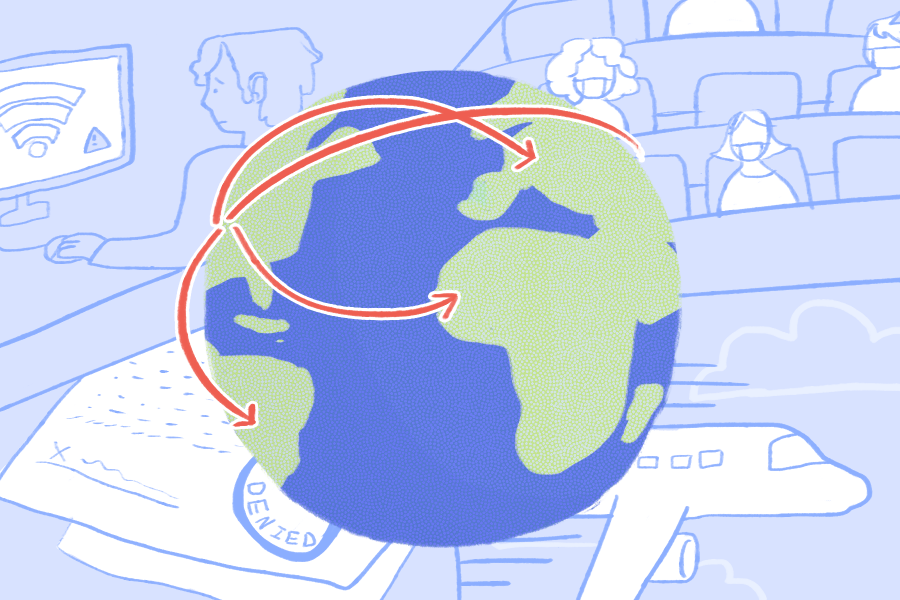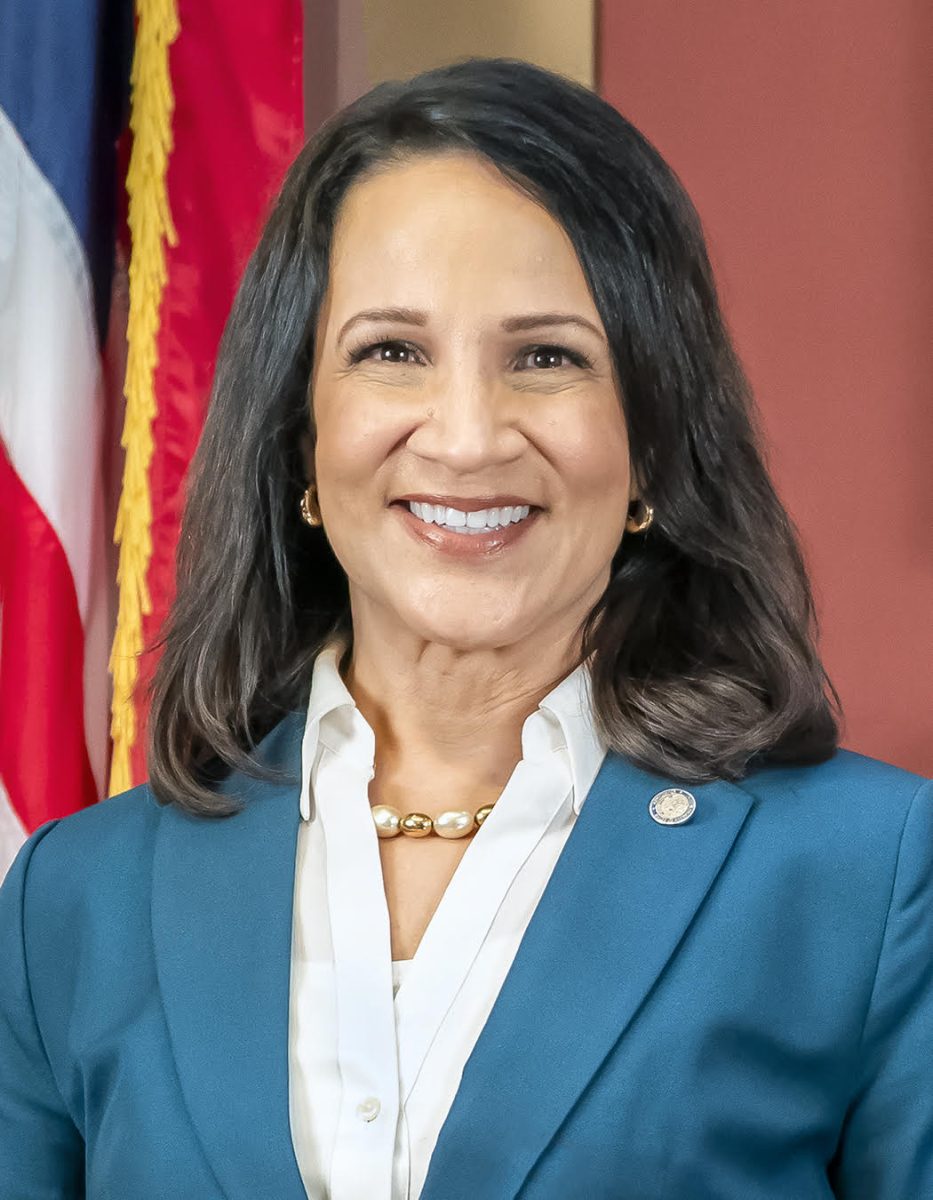The lives of international students at the University of Minnesota were disrupted this month after guidance was released that would have prevented many of them from staying in the U.S.
On July 6, the U.S. Immigration and Customs Enforcement agency released restrictive guidelines that would require international students without in-person classes to leave the country. Last week, the ruling was rescinded — partly due to efforts from colleges and students across the country — and guidance reverted to rules made in March.
However, many students and experts are unsure of what this means exactly for the coming academic year.
Pavit*, an international PhD student from India who wished to remain anonymous due to student visa concerns, said he was mostly relieved by the rescission given his academic status and research.
“At one point, I thought I’d actually have to move back to India, leaving my PhD hanging at the most crucial stage,” Pavit said.
Many students said that even with the reversal, reopening presented challenges when it came to planning for fall semester.
“I believe this is a short-sighted approach,” Pavit said. “In the long term, reopening quickly leads to a surge in cases, which, in turn, leads to stricter lockdowns, and it doesn’t actually help the economy. From an international student’s perspective, I do not know when would be the next time I can go to my home country as the cases are growing everywhere.”
Betty Deng, a second-year student from China, said she was initially shocked by the “unbelievable” ruling but found the support from the University and friends to be “heartwarming.” Currently back home, she says that COVID-19 prevention measures have been relaxed and that she has doubts regarding reopening decisions in the U.S.
“Now, everything in my hometown is good,” Deng said. “We will only wear masks on the bus or subway or supermarket. I think currently reopening these stores and universities in China is fine, but for the U.S., it may not be a good choice now.”
Despite the reversal, Deng says that she plans to stay in China because of travel restriction complications, even though networking issues and time zone differences provide their own set of difficulties. Deng plans to take online courses in the meantime.
“I hope everything will be better soon, and I can successfully return to our campus next year,” Deng said.
Ngan Nguyen, an international student from Vietnam currently residing in California, said that while she personally thought the ruling was reasonable, she could understand the frustration of other international students.
“I don’t have a lot of offensive feelings about this,” Nguyen said. “… I just immediately registered for an in-person course, and I think it’s pretty reasonable. However, I think it might hinder and create a lot of difficulties for other international students, especially those who couldn’t come back to their hometown.”
Experts like Marissa Hill-Dongre, director of the Immigration Response Team, say that while the reversal to the guidance released in March is less restrictive for F1 student visa holders, it may present difficulties of its own.
These difficulties include the fact that the guidance was made to accommodate situations these students would face in the middle of the semester, such as navigating international travel restrictions through several different countries while abiding by rules set forth by the U.S. and their home countries. If a student was traveling from a nation with restricted access in the U.S., for example, the student might have to quarantine in different country altogether before re-entry.
“[The guidance is] still complicated, as they were really written with the middle of a semester in mind, rather than dealing with the specifics of common questions and issues that come up at the beginning of a new academic year,” said Hill-Dongre in an email to the Minnesota Daily.
Some of those questions include limitations between online and in-person classes, guidelines for returning to campus and whether visas would be granted at all. The ruling also aggravated issues of feeling unwelcome by the U.S. government.
In addition to family concerns of her own, Deng says that unless the original policy is modified for the coming semester, the logistics of travel may also contribute to her taking a gap semester.
“To be frank, if they really insist on the original policy, I believe I will gap the next semester,” Deng said. “For one thing, it is too hard and expensive to buy an international flight ticket to go back, and according to the policy, if we want to enter the U.S., we have to go to another country, stay for 14 days and then we are able to go to the U.S., which is not easy for us.”
*Pavit’s name has been changed for privacy reasons.














